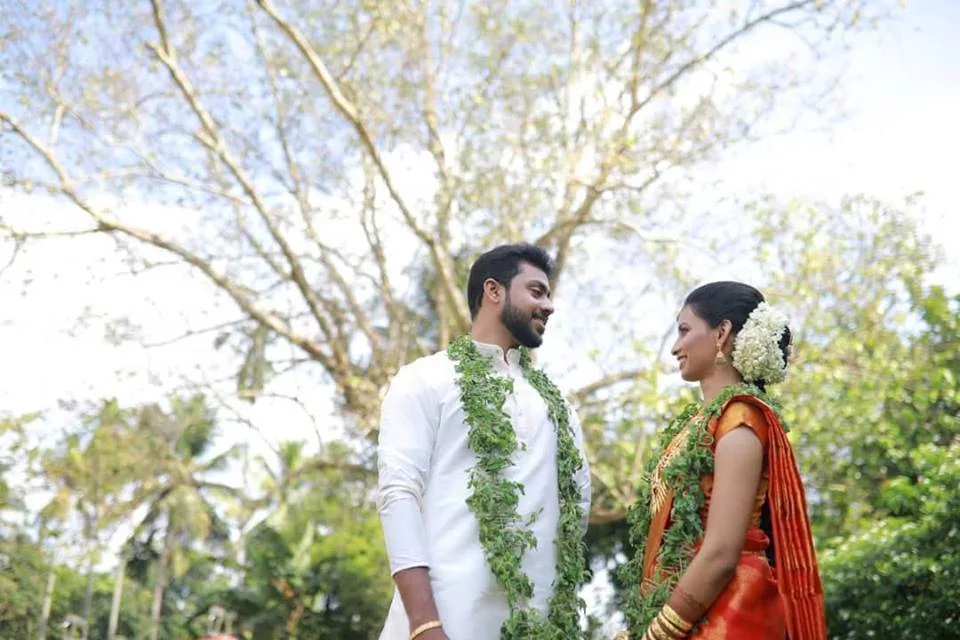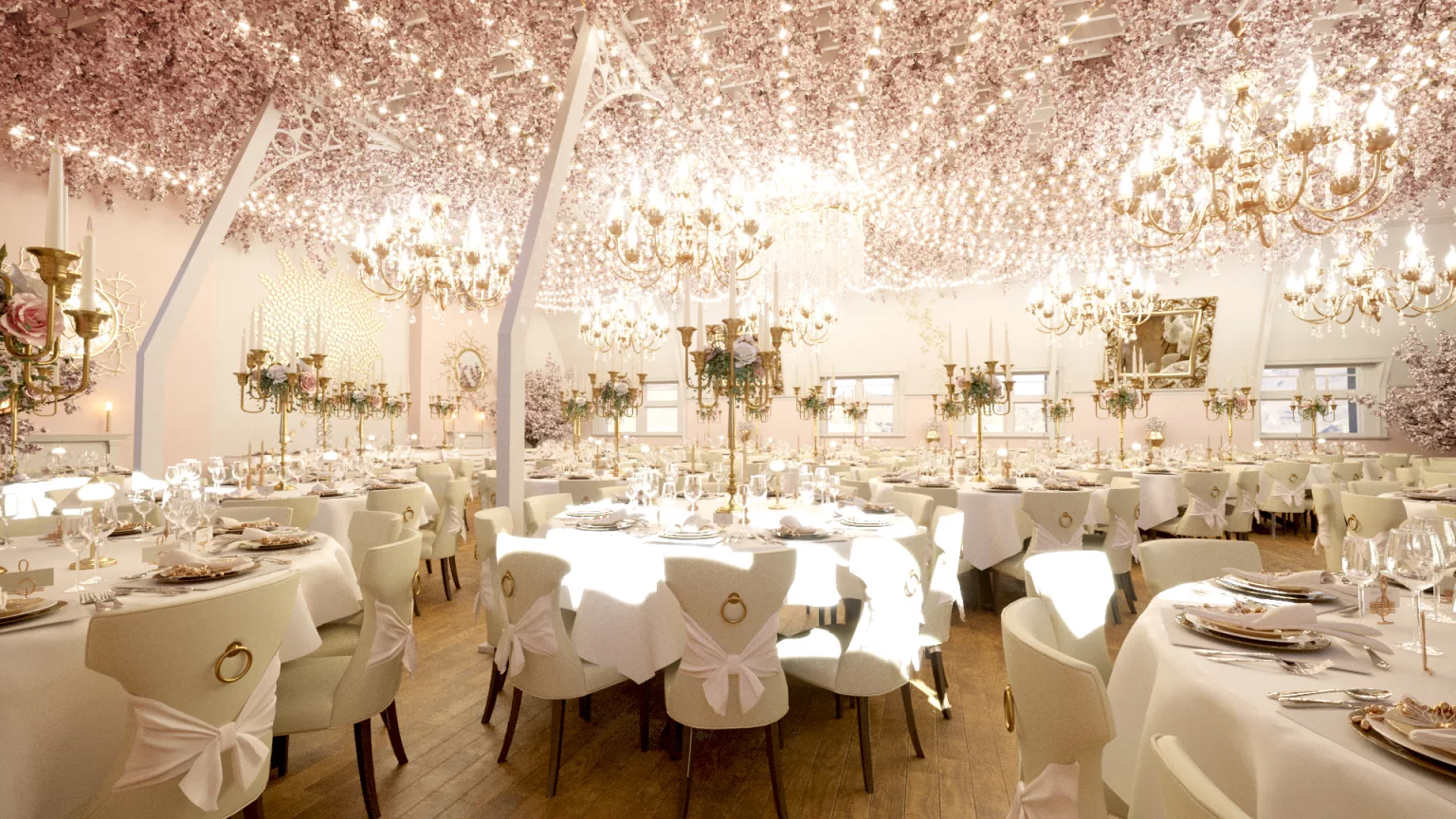Chinese festivals and events are an integral part of the country’s rich cultural heritage, offering a glimpse of its history, tradition, and vibrant celebrations. These Chinese festivals often deeply root themselves in ancient costumes, folklore, and religious beliefs, reflecting the diverse and dynamic nature of Chinese culture. From Lunar Year celebrations to traditional harvest festivals, each event holds significance, fostering a sense of community and reinforcing cultural diversity.
1. Lunar New Year
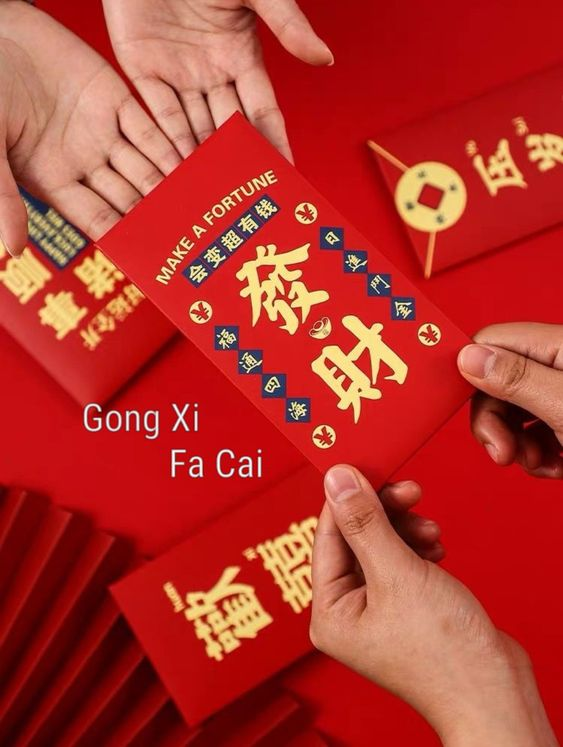
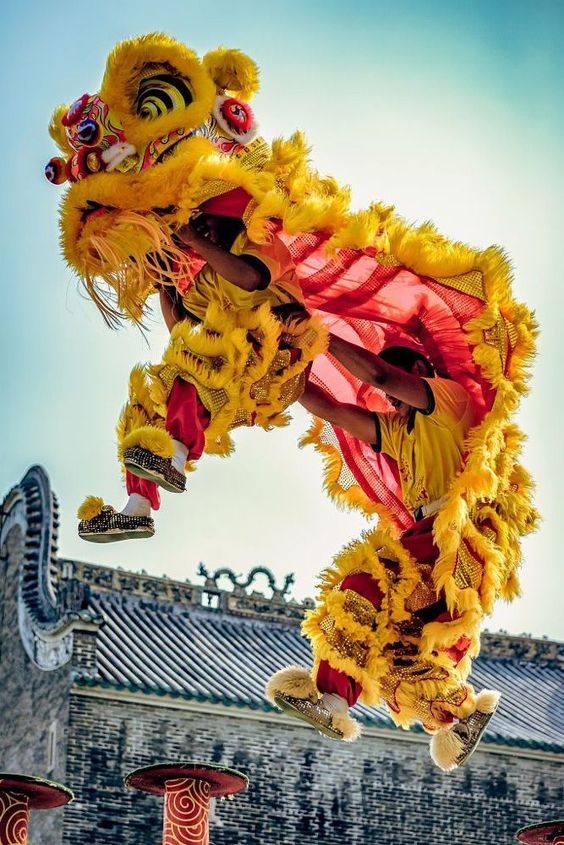
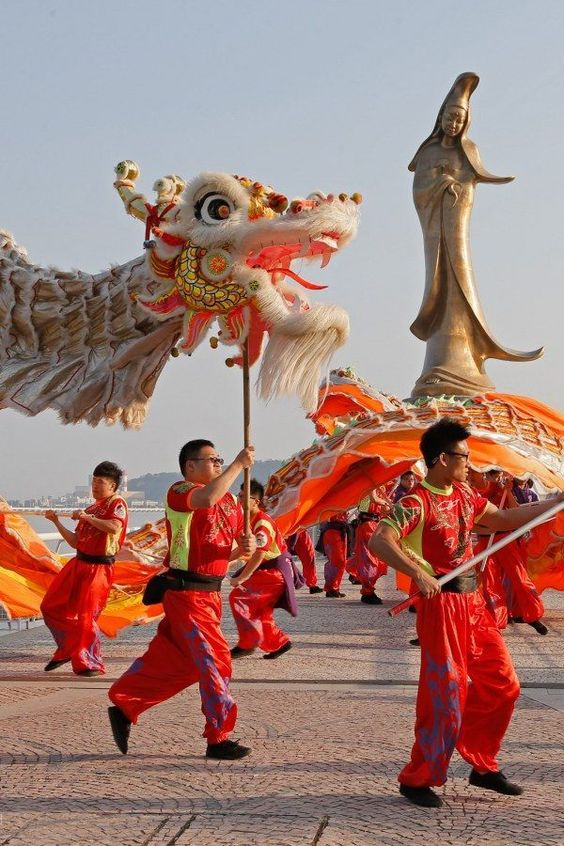
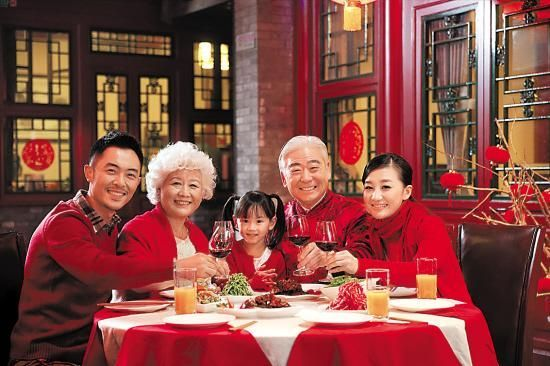
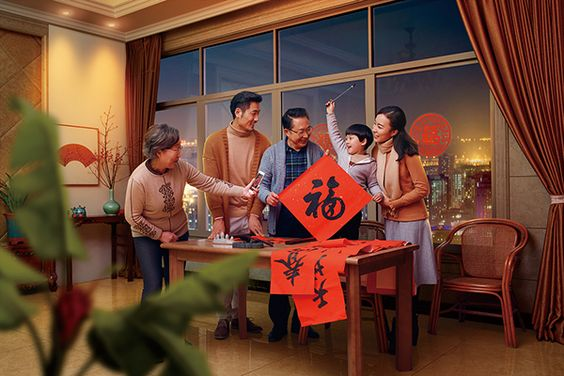
The Lunar New Year, or Chinese New Year, is China’s most celebrated Chinese festival, signaling the start of the lunar calendar. Festivities include family reunions, grand feasts, and vibrant dragon and lion dances. Red envelopes, known as hongbao, are exchanged for good luck. The holiday fosters a sense of togetherness and is marked by joyous cultural traditions.
2. Mid-Autumn Chinese Festival
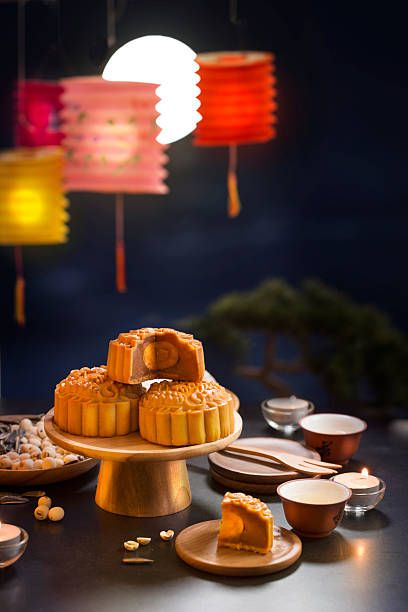
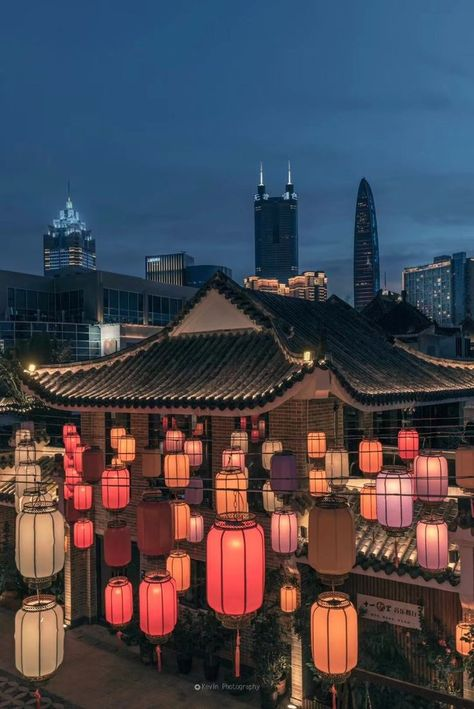
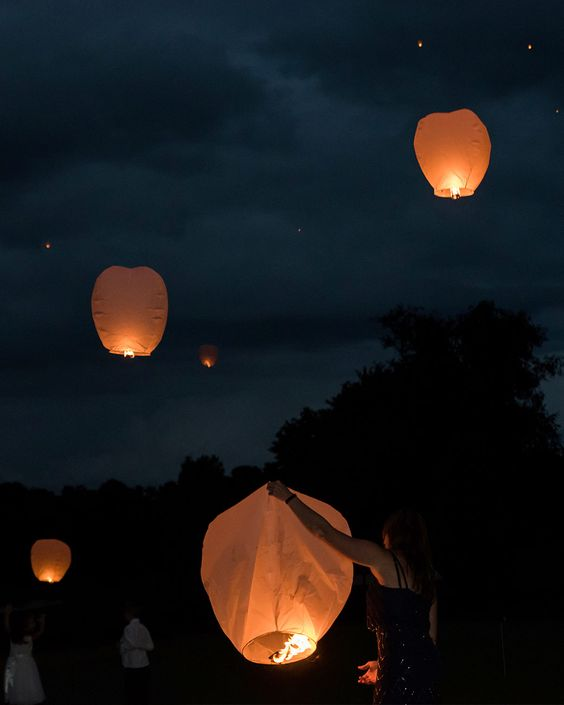
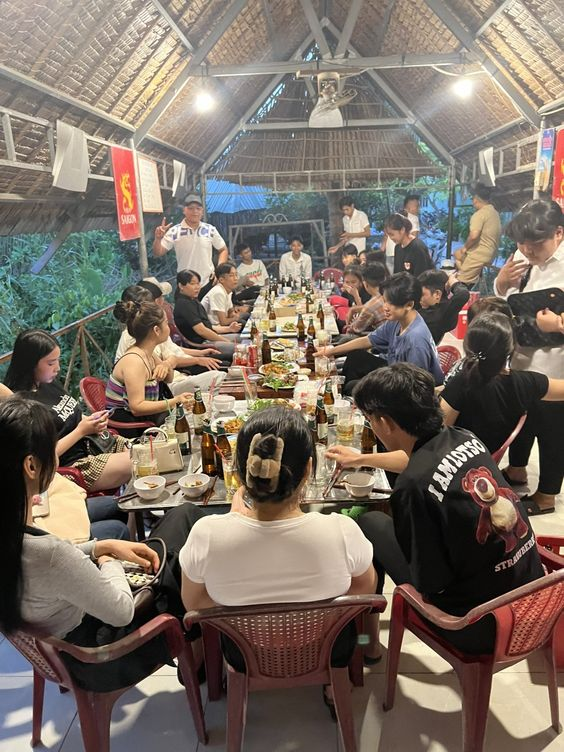
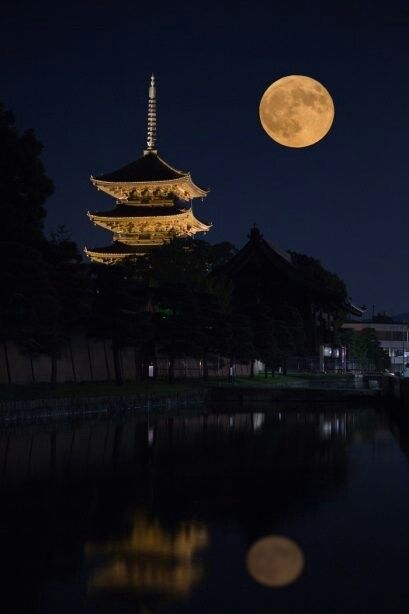
The Moon Festival, occurring on the 15th day of the eighth lunar month, is a time for families to cherish the full moon’s beauty. Celebrations involve sharing mooncakes and joining lantern parades. This event symbolizes unity and harmony, fostering a strong bond among family members.
3. Dragon Boat Chinese Festival
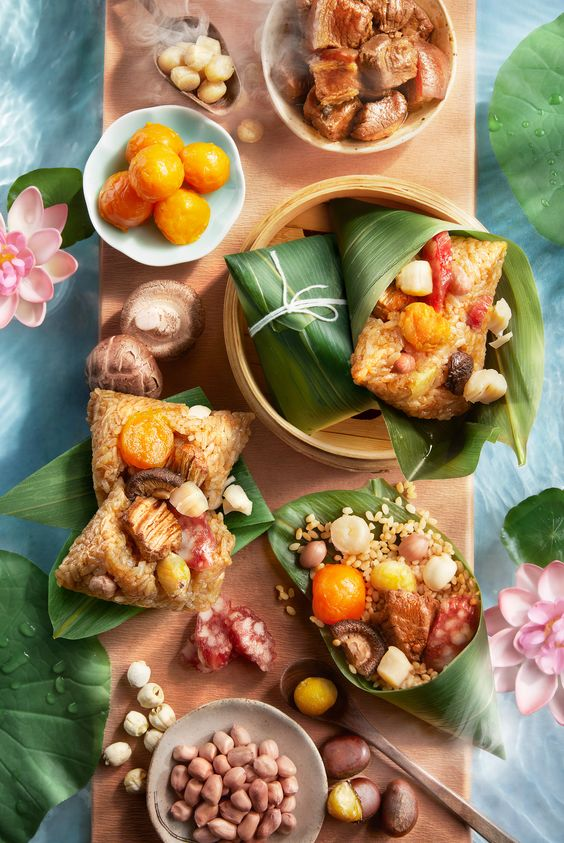
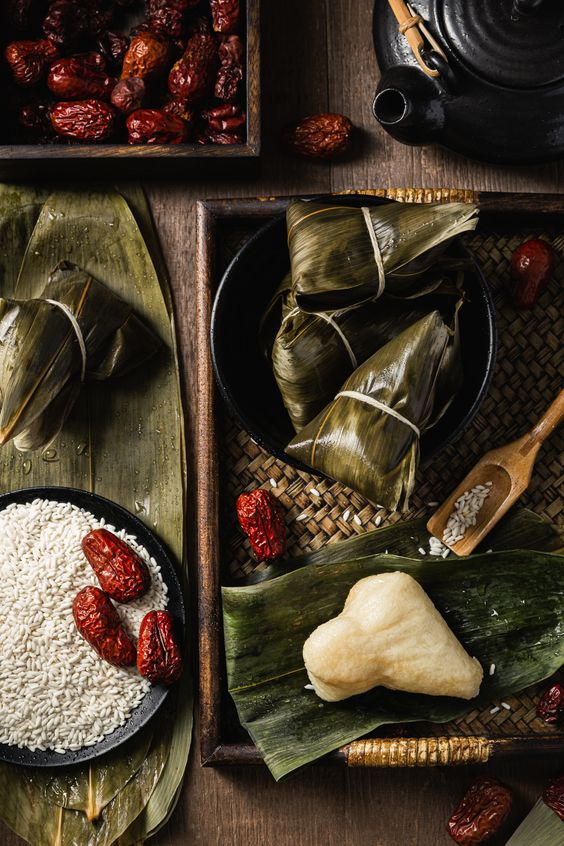
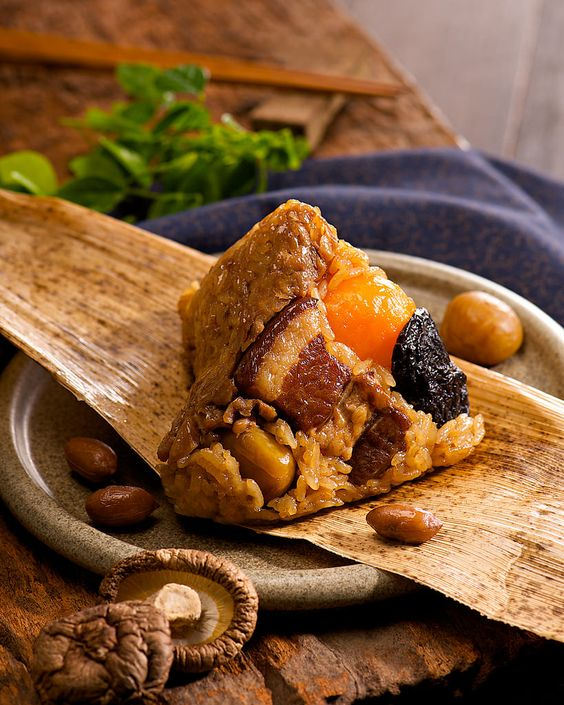
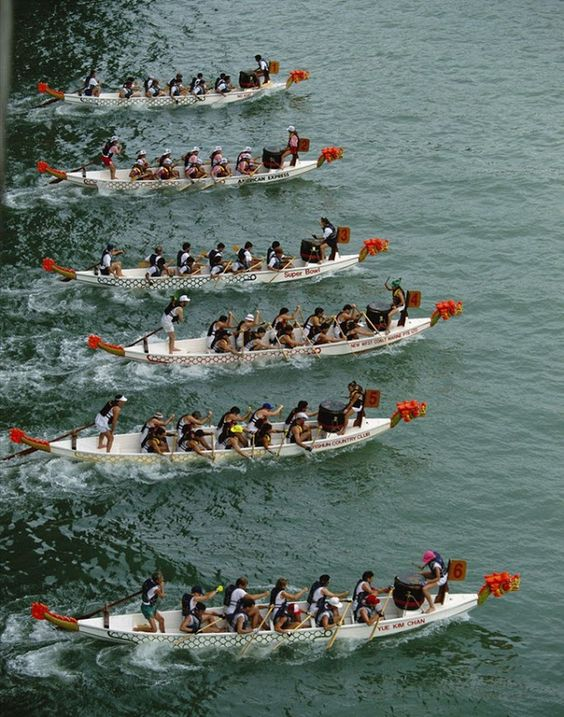
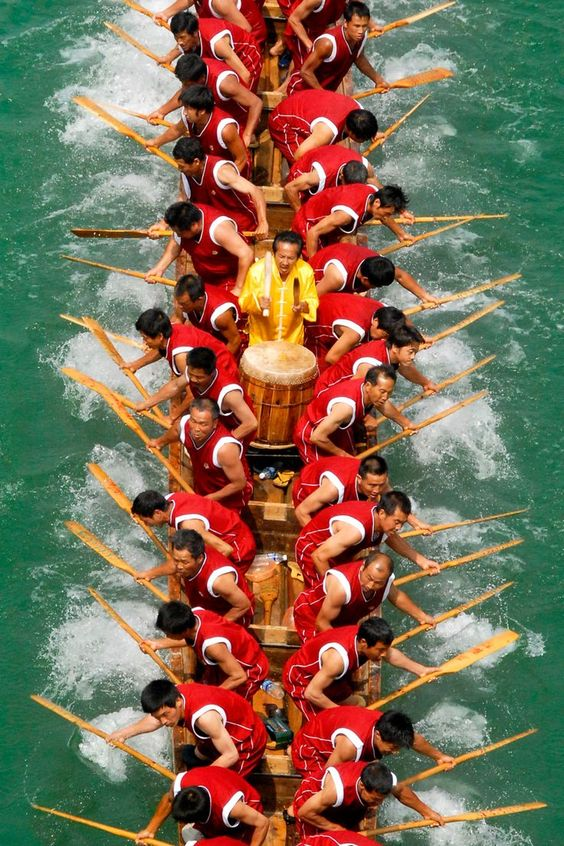
The Dragon Boat Festival, held on the fifth day of the fifth lunar month, pays tribute to the poet Qu Yuan. Festivities feature dragon boat races, the enjoyment of zongzi (sticky rice dumplings), and the tradition of hanging herb pouches to ward off evil spirits. Moreover, this cultural observance blends both tradition and sport, creating a vibrant celebration.
4. Qingming Festival (Tomb-Sweeping Day)
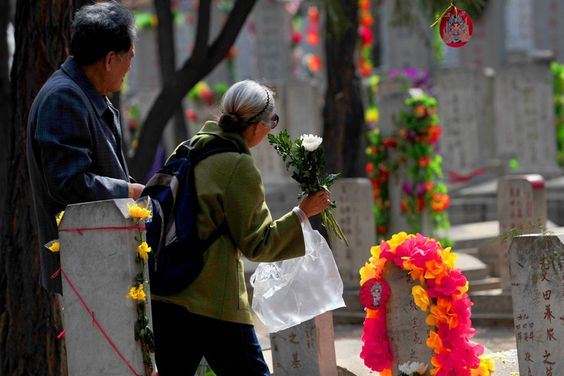
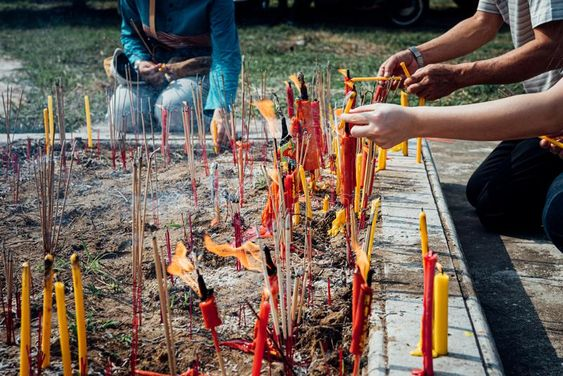
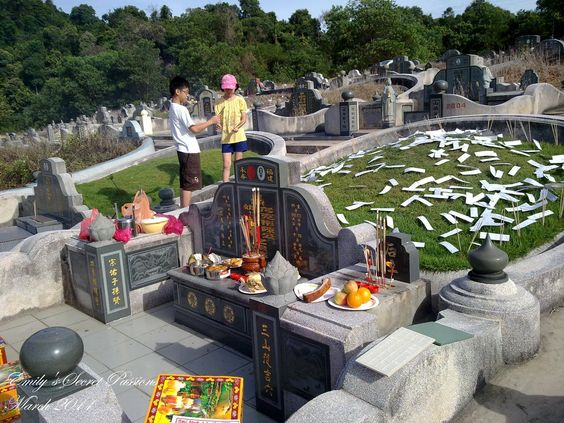
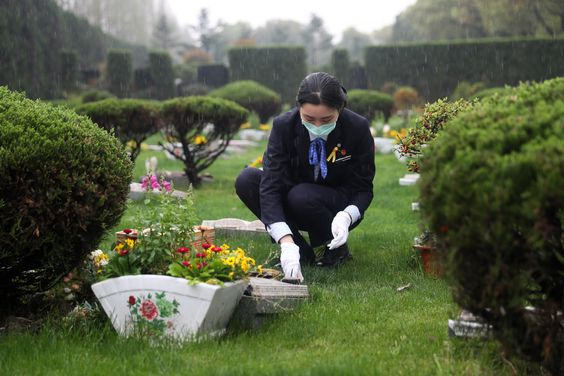
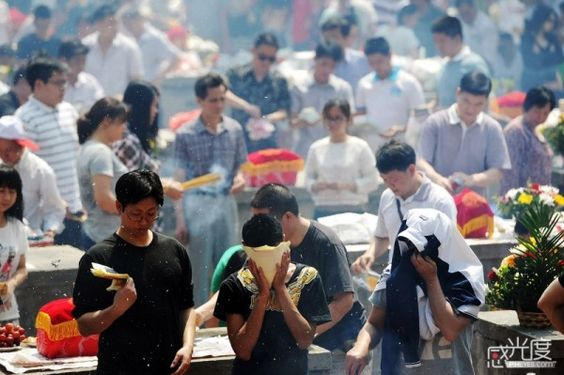
The Qingming Festival, observed in early April, centers around honoring ancestors through grave cleaning and sweeping. Families partake in outdoor activities like flying kites and spring outings. This festival underscores the significance of respecting and remembering one’s roots, fostering a connection between generations.
5. Nine Emperor Gods Festival
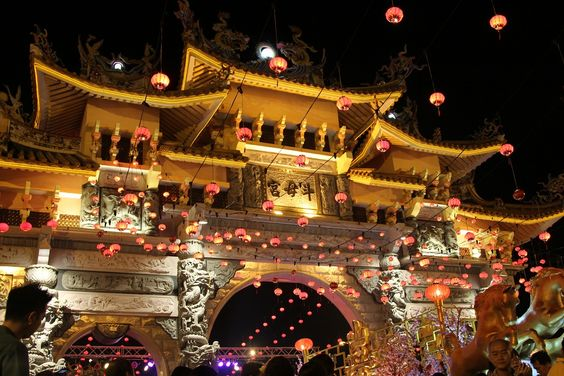
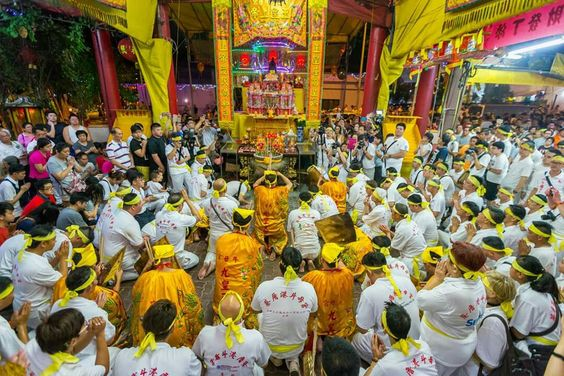
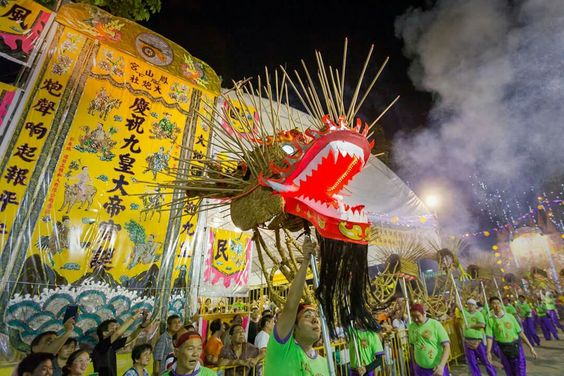
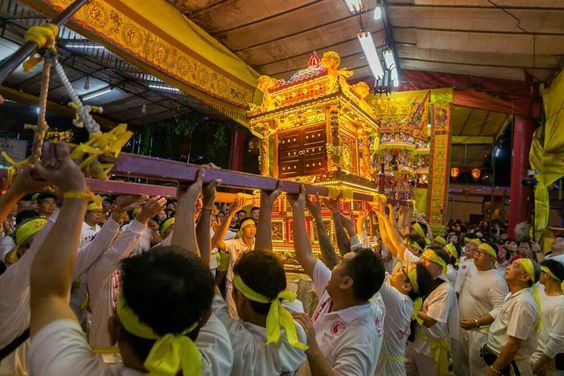
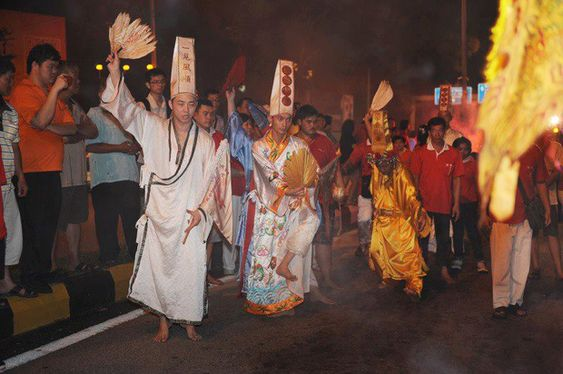
The Nine Emperor Gods Festival, celebrated primarily by the Taoist community, spans nine days and falls in the ninth lunar month. Besides, devotees engage in purification rituals, processions, and adhere to a vegetarian diet during this period. It honors the nine sons of the Jade Emperor, with believers seeking blessings, protection, and spiritual purification. The festival is characterized by colorful ceremonies, traditional performances, and the display of intricate paper effigies.







